Gloria Jover : The Spanish textile industry and its commitment to sustainability The - Fabrics - Première Vision Paris

Gloria Jover, the founder of EGJ, is specialized in textile and design consultancy, prospective research and product strategy, consumer behavior analysis, color, texture and concept forecasting and is also a university design professor. She represents Spain at the international meetings organized by Première Vision.
In this article, she tells us about the evolution of the Spanish textile industry with regards to sustainability.
The part of the Spanish industry that is still in the spotlight today occupies this space because it was visionary, recognizing early on that an ethical and sustainable position would be critical in terms of maintaining business in the future. And the industry understood this well before the public began to shift in favor of a change in the environmental paradigm.
The Spanish textile industry is increasingly seeking to forge cross-hybrids, integrating Aristotle’s rhetorical ideals of authority, logical argument and emotion (ethos, logos and pathos) into both its activities and its products.
Their vision, which was followed up by major strategic industrial actions and investments, is now bearing fruit, helping to bring the leading Spanish textile companies to the forefront of the European textile value chain.
Recycling, minimizing the water footprint and traceability are the issues highlighted by most textile industry players. Aware of the need to increase the viability of textile-to-textile recycling, which currently represents only 0.5% of the global market, the Spanish industry set out to do both more and better in terms of materials’ reuse.
By 2025, it will become mandatory in Spain to implement an effective system of selective collection and textile-waste management.
For many companies, however, the struggle for traceability via certification of the entire value chain remains quite complicated. It is a time-consuming and demanding process that involves dedicating a wide range of company teams.
While there is great interest in setting up accreditations and tools on behalf of a cleaner and fairer sector, at the moment, with countries confined and equipment at 50% capacity, the work of doing so is quite challenging.
Projects in the spinning sector are becoming more and more necessary, because we believe that sourcing recycled fibers and yarns is essential in terms of reintegrating waste into the textile system, creating a new resource favoring circularity, which is crucial.
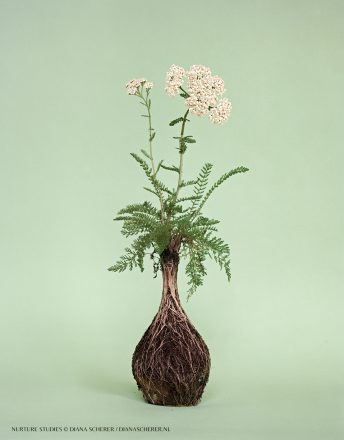
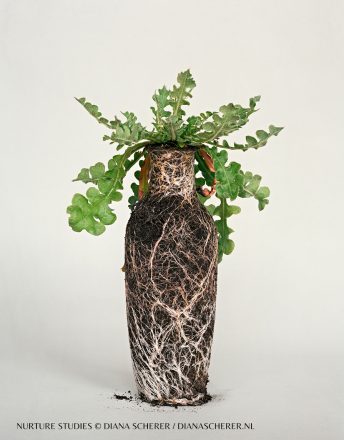
One of the key initiatives in the green evolution has been the creation in Spain of ReHubs which was funded Euratex to encourage the collection of post-consumer apparel for recycling as of 2023.
We highlight projects such as Hilaturas Ferre, which in 2020 sold its RecoverTM recycled-fiber business to the U.S. fund Story3 Capital, thus supporting the establishment of new production plants in Vietnam, Pakistan, Bangladesh and Central America. All this was achieved through a contract with Happypunt, a Barcelona-based value-chain design and production firm, which, together with the major South Korean company Hansae, offers brands and large retail chains an end-to-end service founded on an eco-design approach for both collection creation and manufacturing. Additionally, RecoverTM received the Disruptor Award at the 2021 Drapers Awards for its efforts in terms of textile recycling.
Another significant commitment has come from Tejidos Royo, which has recently expanded its spinning operation to be self-sufficient in 100% recycled post-industrial and post-consumer cotton fibers for its denim products – which also incorporate recycled elastomeric fibers – in a bid to make 100% of its denim products fully recycled. Without forgetting the precious innovation of the company’s exclusive Dry Denim technology, which features a line of blue and black fabrics dyed without the use of water.
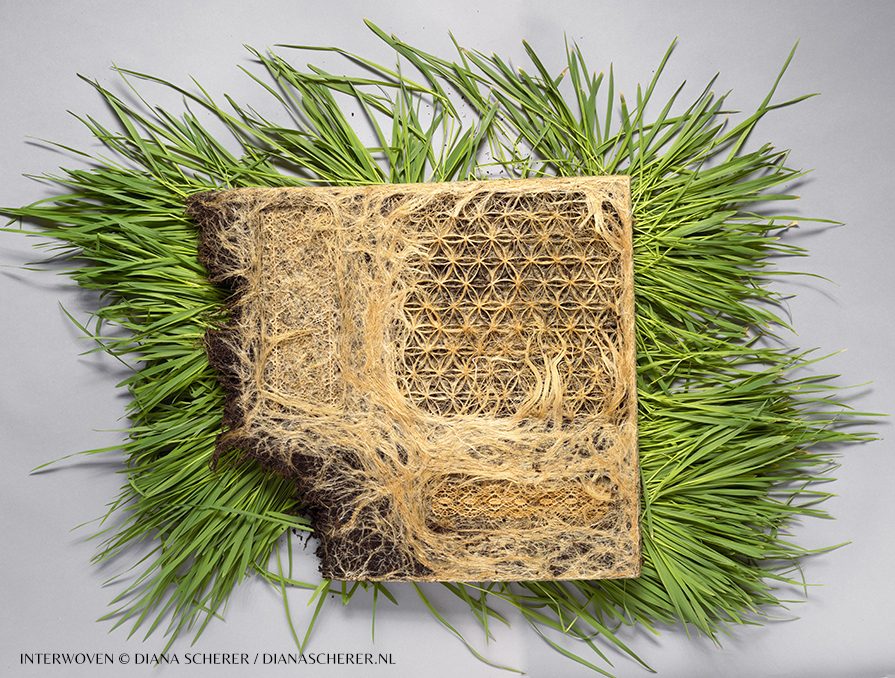
Jeanalogia has navigated the past two years with courage and skill, continuing to work towards a sustainable approach based on eliminating the use of water in denim finishing processes and reducing the use of chemical substances. Their creativity knows no bounds, both in the creation of textile products and the development of innovative machinery designed to further sustainability and the reduction of CO2 emissions.
Yet another company committed to sustainability as a differentiating factor is Belda Llorens, under its Ecolife® brand, which specializes in spinning from post-industrial and post-consumer waste. Last year, the company continued to focus on products made from traceable materials, including carbon positive cotton.
Another direction is the decarbonization of the industry by incorporating fabrics with CarbonSmartTM biotechnological fibers created through the fermentation of recycled carbon waste, to minimize the impact of these emissions into the atmosphere.
Collaborative projects between spinners, weavers and fashion brands have also been winning bets. The will to create circularity and cooperation is the interest of the project between Antex, Textil Santanderina and Ecoalf, a technical and urban fashion brand that was born to give a real answer in terms of ecological quality. An initiative of sustainability and eco-design that has been successful for several years now.
The silk industry is also on the path to implementing eco-minded solutions. In a recent discussion, Rosa Pujol de Gratacós assured us that recycled fibers are increasingly present in the company’s silk collections, but for the time being, this is not leading to a reduction in costs; however, working with more sustainable fibers, which are almost always more expensive, is a matter of environmental responsibility. Understandably, the fight for the environment is also about accepting higher prices, ethically richer product qualities, without losing the high aesthetic added-value that characterizes the industry.
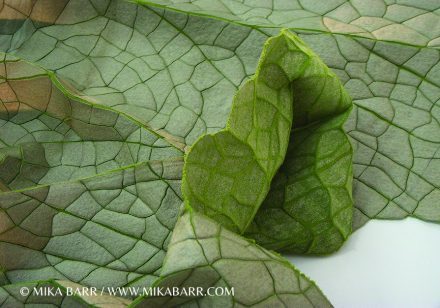
From the recycling of Seaqual polyester, the articles of Textil Santanderina are used to build the clothing collection of this brand, EcoAlf, which works only with sustainable materials and processes. This initiative is the living answer to the new ways of building projects where environmentally friendly values are at the heart of the DNA of the entire value chain.
Textil Santanderina has also managed to obtain government funding to further improve its sustainability evolution, where decarbonization becomes the main objective.
Another issue being considered is reducing the use of toxic chemicals as much as possible. One of the solutions to this problem is to increase the use of mechanical rather than chemical finishes. Milling, carding, emerizing and calendering are showing up more than ever in the collections.
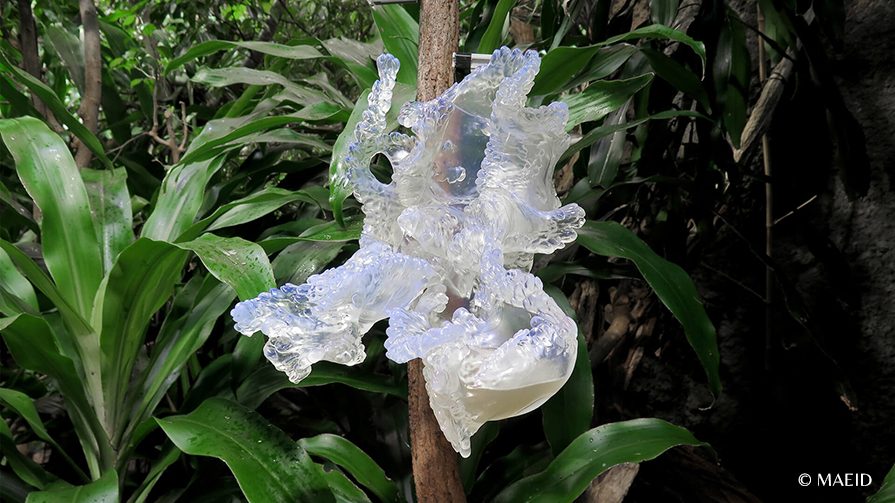
Meanwhile Spanish wool manufacturers such as Textil Dobert seek to create collections made from natural fibers, by promoting their biodegradability, and trying to eliminate toxic products in the finishing and dyeing processes as much as possible. This is where Gots certification is particularly relevant.
Textile start-up Pyratex has already made headway with a brand identity linked to both sustainability and design, where a sensory approach and new generation natural fibers form the core of a knitted textile offer. With their growing financial support – in 2021 both Asics Venture Capital and Waveform Investments demonstrated their support for their business plan – they continue to create innovative fabrics, with 90% of their sales coming from abroad. Pyratex has developed and patented over 20 innovative fabrics made from plant fibers including seaweed, nettles and agricultural waste from banana and pineapple production. They are already working with LVMH, Camper and Phillip Lim.
In conclusion, in the face of all of today’s challenges, Spain continues to seek to be part of the positive transformation called for by the textile and fashion industries. Digitization is also a fundamental part of the equation and is another kind of effective response to reconfiguring the entire chain. For example, design and prototyping using digital tools and 3D printers are being developed, as in the project introduced by Ane Castro and Núria Costa, founders of Zer Era, which focuses on resilience and the reduction of material products, without sacrificing either creativity or personalization options. For many companies, this is a favored new tool in terms of education, awareness and development.
